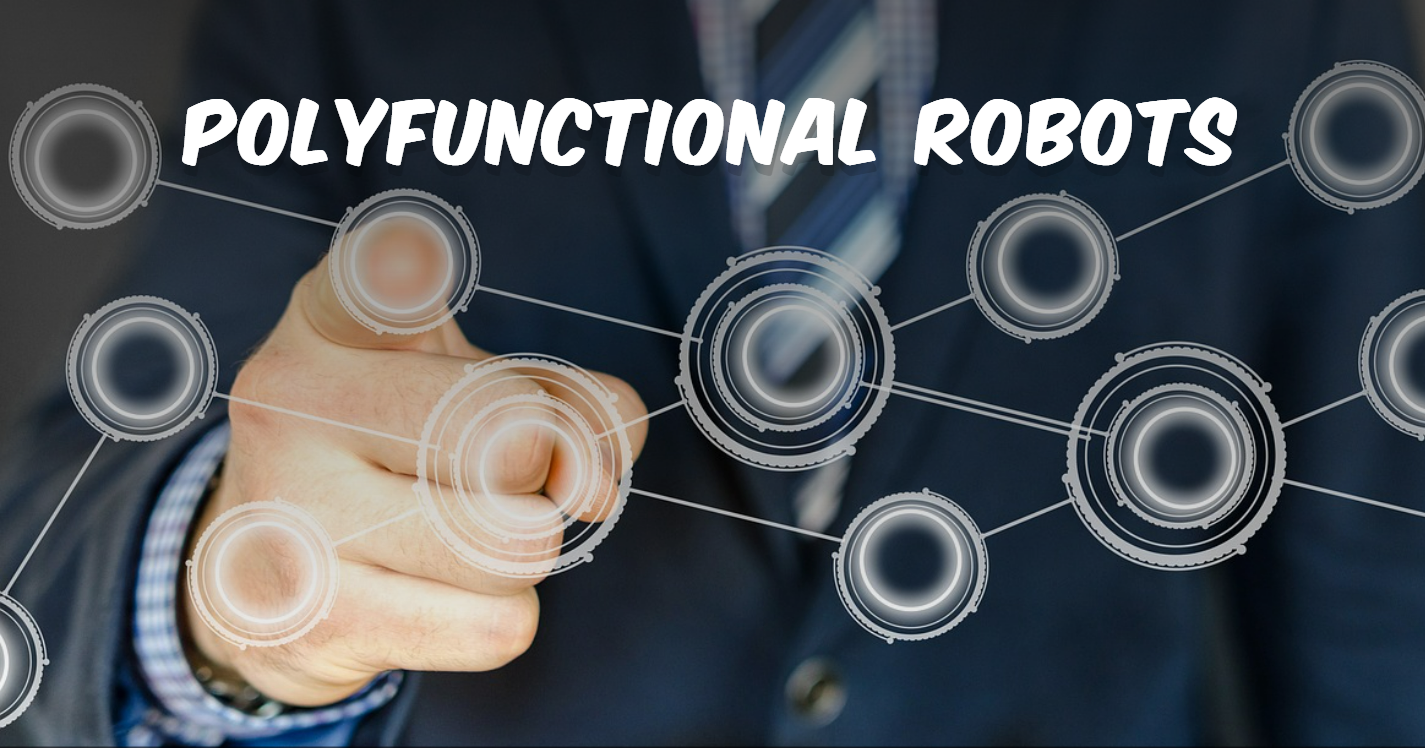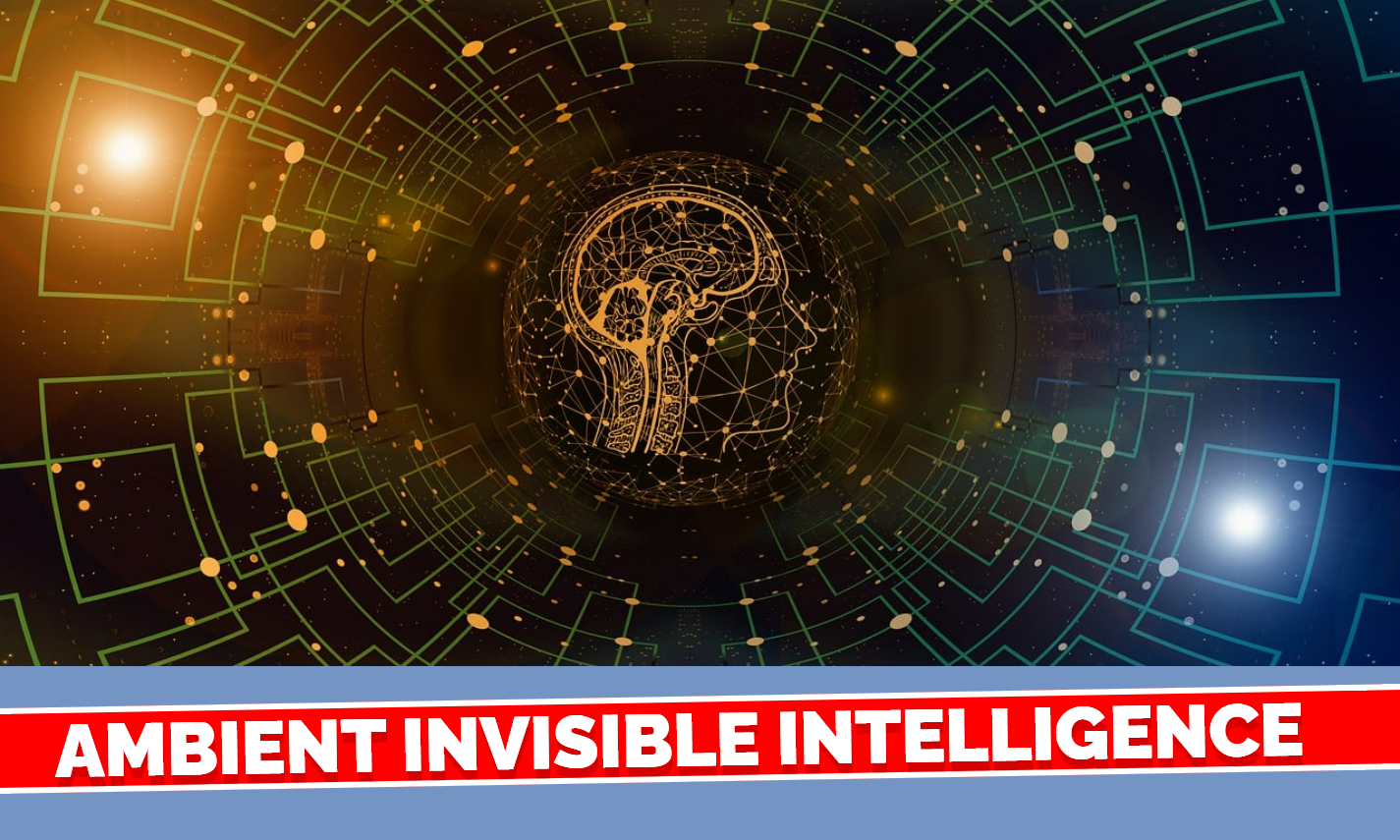Artificial Intelligence (AI) is the development of computer systems that can perform tasks that typically require human intelligence, such as visual perception, speech recognition, decision-making, and language translation. AI is based on the idea of creating machines that can think, learn, and adapt like humans.
Types of AI:
Reactive Machines: These are the most basic form of AI, which can only react to the current situation based on available data, without any memory or ability to learn from past experiences. Examples include game-playing systems and image recognition systems. Limited Memory: These AI systems have the ability to learn from past experiences and adapt their behavior accordingly. Examples include self-driving cars and virtual assistants.
Theory of Mind: These AI systems have the ability to understand and predict the behavior of other agents, including humans. They can reason about the mental states of others and use that information to make decisions. This type of AI is still in the early stages of development.
Self-Aware: These AI systems have consciousness and can understand their own existence. This type of AI is purely hypothetical at this point.
History of AI: The concept of AI dates back to ancient Greek mythology, but the modern development of AI began in the mid-20th century. In 1956, the term “Artificial Intelligence” was first coined, and researchers began to develop algorithms that could perform tasks such as playing chess and solving mathematical problems.
In the 1980s, AI experienced a decline due to limited computing power and insufficient data, but with the advent of big data and powerful computing systems in the 21st century, AI has experienced a resurgence in development and adoption.
Future of AI: The future of AI is exciting and full of potential. With the ongoing development of advanced algorithms and the availability of large amounts of data, AI is likely to become even more sophisticated and capable of performing complex tasks.
AI has the potential to transform many industries, from healthcare to finance to transportation. However, as AI continues to advance, it is important to consider the ethical and governance implications of its development and use, and ensure that it is used in a responsible and beneficial manner.
In conclusion, Artificial Intelligence is a field of computer science that has the potential to change the world in many ways. With the ongoing development of advanced algorithms and the availability of large amounts of data, AI is likely to become even more sophisticated and capable of performing complex tasks.
However, it is important to consider the ethical and governance implications of AI development and use, and ensure that it is used in a responsible and beneficial manner.









Fitspresso Reviews
Wonderful web site Lots of useful info here Im sending it to a few friends ans additionally sharing in delicious And obviously thanks to your effort